North to Canada we go today for the next interview in this series. I’m on a quest to interview as many contributing authors to the anthology Avast, Ye Airships! as I can, and this time, it’s Amy Braun.
 Amy Braun is an aspiring urban fantasy and horror author addicted to monsters and mythology. When she isn’t writing, she’s reading, watching movies, taking photos, or gaming. She’s a recipient, in 2014, of April Moon Books Editor Award for “author voice, world-building and general bad-assery.”
Amy Braun is an aspiring urban fantasy and horror author addicted to monsters and mythology. When she isn’t writing, she’s reading, watching movies, taking photos, or gaming. She’s a recipient, in 2014, of April Moon Books Editor Award for “author voice, world-building and general bad-assery.”
On a side note (or two), that may be the world’s only award that contains “bad-assery” in its title, and I think General Bad-Assery would be a great name for both a rock band and a senior Army officer.
After that irrelevant tangent, here’s the interview:
Poseidon’s Scribe: When and why did you begin writing fiction?
Amy Braun: One of my friends once told me I had an overactive imagination. He was more right than he knew. I’m constantly daydreaming, thinking of crazy worlds, What-If scenarios, wicked action scenes with wickeder monsters. I’ve been that way since my pre-teens, when writing was just a hobby for me. I can’t picture myself writing anything but fiction. I love letting my imagination run wild, and just seeing what it can do makes it worth the effort. I once read a quote saying that “creating something that didn’t exist before is as close to magic as I’ll ever get.” That couldn’t be more true for me.
P.S.: What are the easiest, and the most difficult, aspects of writing for you?
A.B.: Most days, writing the words is easy. If I have an ironclad view on how I want a scene to be, the words just flow. The same can be said for action scenes. If I have the right music going, I can dive into the fight scene and make it absolutely insane. The faster paced or more dramatic the story, the better I do. In contrast, I have some difficulty when it comes to research. The Internet is great, but it can be a hindrance when certain “experts” disagree on certain things. For some stories I cheat and use magic, but that doesn’t always work. For example, in Crimson Sky, the novel inspired by “Lost Sky,” my main character Claire is an engineer. Since I know as much about engineering as I do about brain surgery, I had to do some research and find out her limits. Not an easy, or thrilling thing to do. The same can be said with some of the devices Claire uses. You can’t always skim over the truth, and even though this is a fantasy series, I had to at least give some kind of explanation to how her tools worked.
P.S.: What other authors influenced your writing?
A.B.: More than I can name, and each for their own reasons. The biggest influences are Rob Thurman for her sharp dialogue and in depth characters. Jennifer Estep for her amazing action scenes, easy flow, and ability to keep ever her longest running series fresh and exciting. Kevin Hearne for the detail he puts into his mythology and lore. Alexander Gordon Smith and Scott Sigler for their skills at writing fast-paced, truly engaging horror. And most recently, Michael J. Sullivan for his ability to show rather than tell, and involve the reader so deeply that they can bring you to tears without trying. Not that that’s happened to me. Ahem.
P.S.: I see you have been participating in the Weekend Writing Warriors‘ 8Sunday promotions, and that they are some of your most popular blog posts. How do you choose the 8 sentences to share?
A.B.: Usually I go with the novel or shot story I’m currently working on. A lot of the authors I read from WeWriWa tend to choose a chapter and have consistency for their posts. That’s a great idea for obvious reasons, but I’m the kind of writer who works too fast to want to do that. I like choosing snippets that I think are engaging and fun, something to draw the reader in without giving too much away. I also like sharing various work to tease at future projects and hopefully draw a more interested audience. 8Sunday has been a huge help for me, and I hope to build a larger following through it.
P.S.: You mentioned in one post that you’re a fast writer and cranked out 78,000 words in one month, even though you have what you call a Real Job. That output is very impressive. How do you manage to write so fast?
A.B.: Honestly, I do nothing else with my free time. My days off are Mondays and Tuesdays, and I take full advantage of the time that I have to accomplish as much as I can. If I’m having a good day, I can write over 10,000 words. Even on a bad day where my focus isn’t 100% there, I can still get out at least 6,000. Literally, all I do is sit at my computer, listen to music and write. If I think of wanting to do something else, that thought strain usually goes, “Well I could be catching up on The Walking Dead… or I could be writing.” It’s become an addiction I couldn’t stop if I wanted to. Even when I’m at work, I’m thinking about a story and what to do next in a scene. On my breaks or when I’m caught up on my projects, I use my phone to write. Not as effective as a laptop, but I’ll use what I have available. I love and need writing like a flower loves and needs the sun.
P.S.: Your short story, “Lost Sky” will appear in the 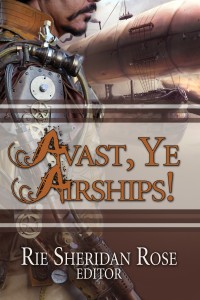 Avast, Ye Airships! anthology. Please tell us a little about the story.
Avast, Ye Airships! anthology. Please tell us a little about the story.
A.B.: “Lost Sky” is sort of a guinea pig. It was a crazy idea I wanted to try since I was in my pre-teens, that I finally took a chance with. The story is about a young engineer named Claire living in a post-apocalyptic fantasy world that has been overrun with bloodthirsty vampire like creatures called Hellions. Claire’s younger sister Abby is kidnapped and taken to the Behemoth, the large Hellion ship that oversees the entire city. To rescue her, Claire is forced to join sides with three Marauders, roguish pirates who are looking for their own revenge against the Hellions. It’s a fun story and I have a lot of pride for it. Hopefully other readers will enjoy it as much as I did writing it.
P.S.: Is it true that “Lost Sky” inspired a trilogy of novels, called the Dark Sky collection? When will those novels be available? What ties them together?
A.B.: Yes, it’s definitely true. Dark Sky dives into the world created in “Lost Sky,” and follows Claire and the Marauders as they search for a machine her parents made that is supposed to close the Breach, the tear in the sky that allowed the Hellions to invade. The novels follow Claire’s adventures as she learns her family’s secrets, begins to take up the work they left behind, and tests it against the horrible might of the Hellions. The first novel, Crimson Sky, is completed its rough draft, though I’m looking at several different publishing options at the moment. I could have a couple publishers lined up should they take to the idea and be willing to publish a full-length novel, though if that fails I will likely self-publish. I know what a long and strenuous process it is to submit to companies and hope they say yes. So right now, the release date is up in the air, though I think I’ll be shooting for late summer/early fall.
P.S.: Recently your short story, “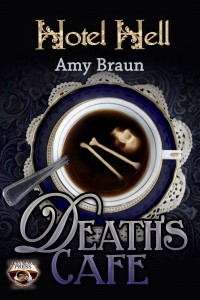 Death’s Cafe: Hotel Hell,” was published. Sounds creepy… What is it about?
Death’s Cafe: Hotel Hell,” was published. Sounds creepy… What is it about?
A.B.: “Hotel Hell” is one of my favorite short stories ever written. It’s about a man named Milo whose fiancée went missing. Unable to wait any longer, he sets out to find her and encounters a mysterious hotel. As he asks the staff about her disappearance, he begins to feel unnerved by them. He senses something strange about the hotel, and its secrets could cost him dearly. It’s a subtle, more environmental horror story in contrast to my last Mocha Memoirs horror short, “Call from the G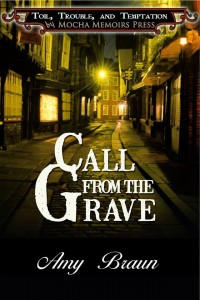 rave.” But I loved writing it. Creating atmospheric horror is just as fun as writing splatterfest gore, and I had a great time coming up with the visuals for it.
rave.” But I loved writing it. Creating atmospheric horror is just as fun as writing splatterfest gore, and I had a great time coming up with the visuals for it.
P.S.: What is your current work in progress? Would you mind telling us a little about it?
A.B.: Currently, I’m working on the second book in the Dark Sky trilogy, Midnight Sky. I’m about halfway through it now, and hope to have it done soon. Once it’s finished, I’ll be looking into a few open submission calls that have caught my eye, and beginning a project called Bond Unknown, a series of novellas being put together by Canadian publisher April Moon Books, now that the rights regarding Ian Fleming’s famous super spy have been released to Canada.
Poseidon’s Scribe: What advice can you offer aspiring writers?
Amy Braun: The same advice that’s been given to me countless times, the same advice hundreds of famous authors give whenever someone asks. Write. Simply write. The more you write, the better you will do. That isn’t to say that your bestseller will be the first book you create. In all likelihood, it won’t be. Every author I’ve ever respected and read has been rejected by everyone in the universe. Despite my successes last year, I know that it’s a long road ahead and I’ll get a million more doors slammed in my face. But I write every day for as long as I can. I get the words out, and don’t think about editing until I’m done. I make little notes, but I don’t edit halfway through. And never be afraid to take chances. If you have a crazy idea you want to write, then write it. Publishers and editors are always looking for something new, something exciting and engaging. Even if the idea you adore with every ounce of your soul has been rejected (and mine have been), don’t give up. This is not an easy a career, and even though I work by the “if you write it, they will come” theory, that doesn’t mean I’ll be signed by a professional, major label. And honestly, I’m okay with that. If you truly, deeply, love writing with the very core of your soul, if you live and breathe it, find peace in it, you will find a way to get your story out there. If I have to self-publish for the rest of my career, I will. I have too much creativity to be restrained by a label’s nitpickiness. Continue to learn, take critiques as advice, and again, never stop writing.
Thanks, Amy! After that interview, my readers will want to know more, and they can visit Amy’s author page on Amazon, on Goodreads, on Twitter, and at her website.
Poseidon’s Scribe
 Avast, Ye Airships! It will happen Saturday, February 28th, from 7:00 to 11:00 PM EST. That’s 6 PM to 10 PM CST, 5 PM to 9 PM MST, and 4 PM to 8 PM PST. You’ll have to calculate it yourself for all other time zones.
Avast, Ye Airships! It will happen Saturday, February 28th, from 7:00 to 11:00 PM EST. That’s 6 PM to 10 PM CST, 5 PM to 9 PM MST, and 4 PM to 8 PM PST. You’ll have to calculate it yourself for all other time zones.



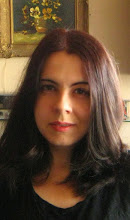
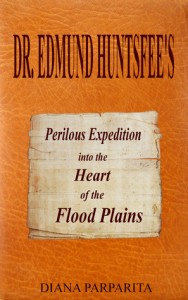
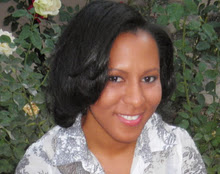
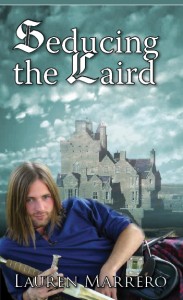
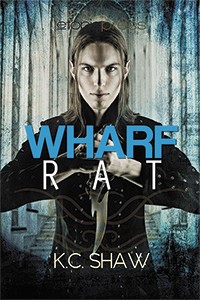
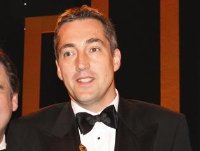
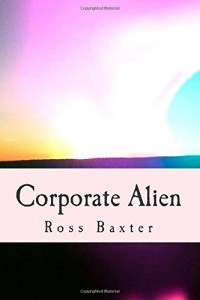
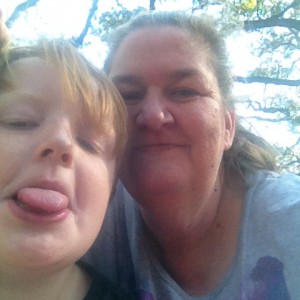
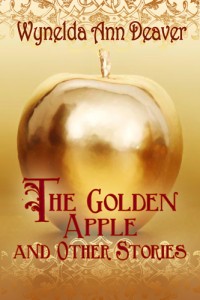
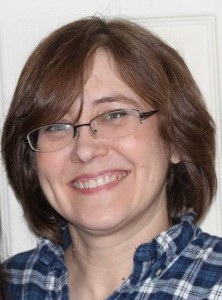
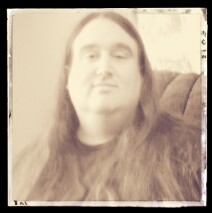
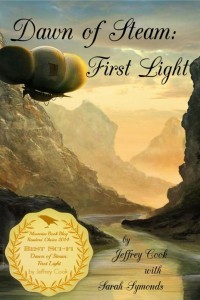 series
series